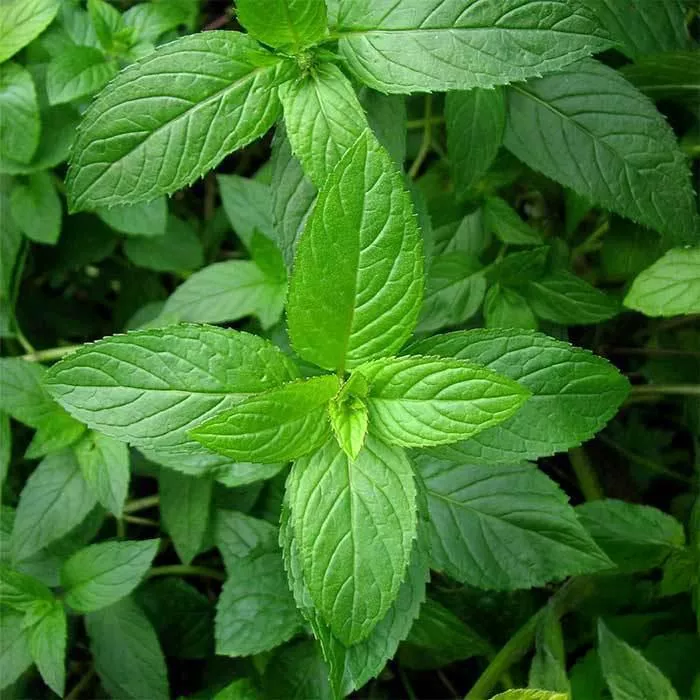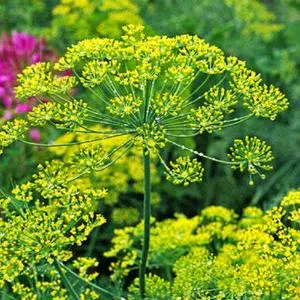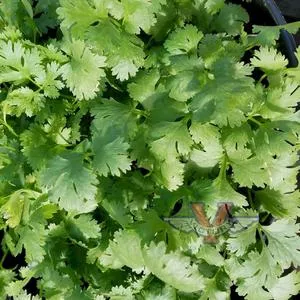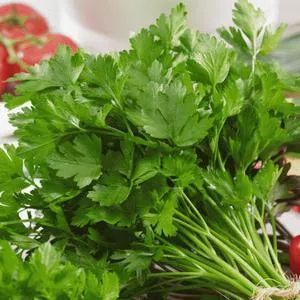Peppermint
Mentha x piperita
Price: $3.95
SKU: 4000281The essential oil of the peppermint plant has been used by people for thousands of years. It is a common flavoring in sweet treats such as baked goods, ice cream, candies, and chewing gum.
Although its pleasant flavor makes it a treat, its original use was for its medicinal properties. Peppermint tea is useful for nausea and helps relieve indigestion. Peppermint also can help to ease nervous or tension headaches.
A naturally occurring hybrid between spearmint and watermint, and native to Europe, peppermint is a hardy perennial in USDA zones 4 to 8. Peppermint prefers full sun but will tolerate partial shade in warm enough regions. Due to its invasive and wide-spreading nature in the garden, mint is generally recommended to be grown in pots, containers, or garden boxes.
Although its pleasant flavor makes it a treat, its original use was for its medicinal properties. Peppermint tea is useful for nausea and helps relieve indigestion. Peppermint also can help to ease nervous or tension headaches.
A naturally occurring hybrid between spearmint and watermint, and native to Europe, peppermint is a hardy perennial in USDA zones 4 to 8. Peppermint prefers full sun but will tolerate partial shade in warm enough regions. Due to its invasive and wide-spreading nature in the garden, mint is generally recommended to be grown in pots, containers, or garden boxes.
Genetic Classification: Open Pollinated
| The Victory Seed Company does not advocate self-diagnosis or self-medication. As with any herbal medicines, you should consult your doctor before using. Reference to the medicinal properties of plants are for educational and historical purposes only. |
Start peppermint seeds indoors 8–10 weeks before your last expected frost. Plant 2–3 seeds per hole, about ¼ inch deep, and expect germination in 7–14 days. Once true leaves appear, thin out weaker seedlings. Before moving outdoors, gradually harden off the young plants.
Customer Reviews:
Do you have experience with this one? 📝 📣 Write a review!
No reviews have been posted yet.





